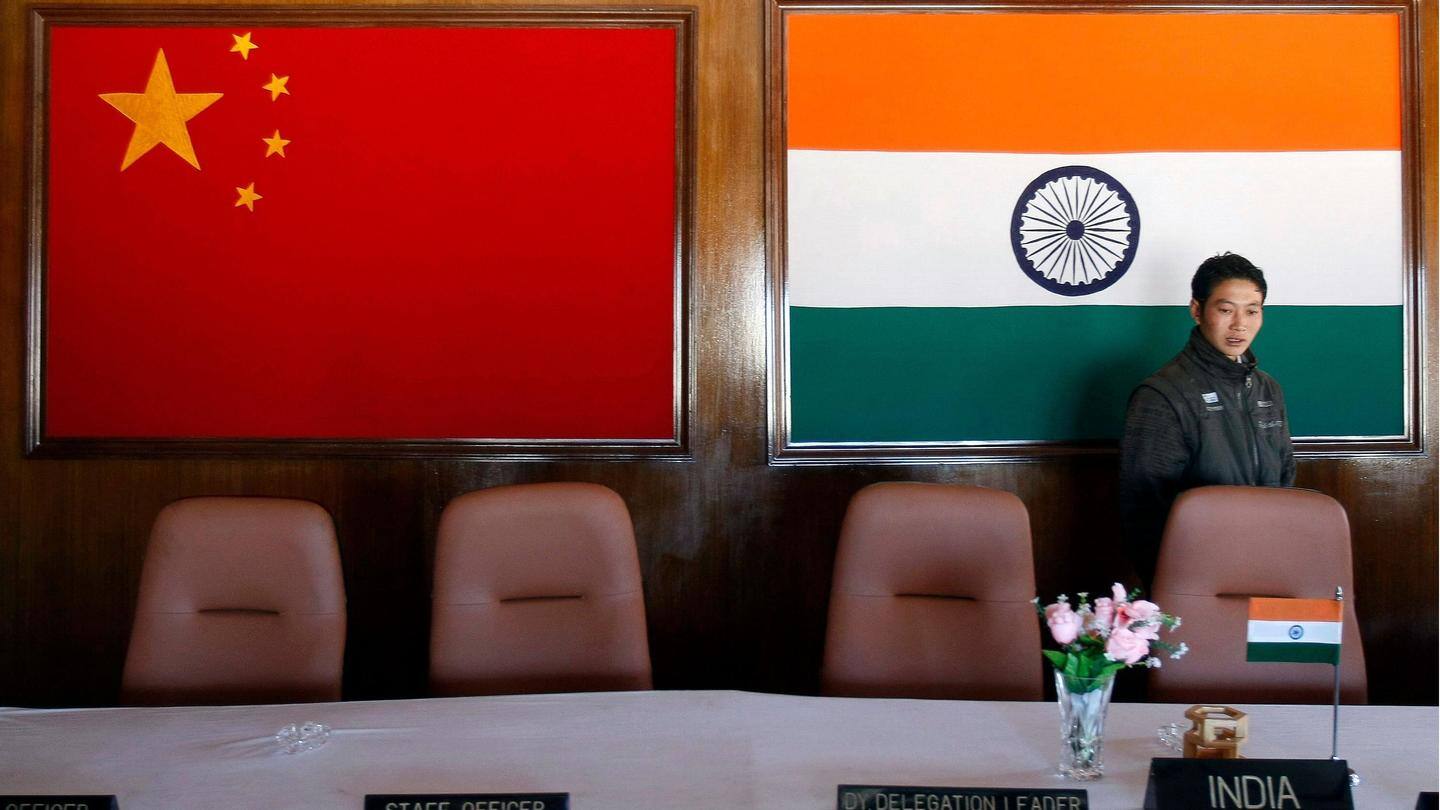
China strongly opposes India's app ban; asks to 'correct mistake'
What's the story
After India banned several Chinese mobile applications, China has said that it strongly opposed the move. China's Commerce Ministry on Thursday urged India to "correct its mistakes." India had imposed the app ban on Wednesday citing data security concerns after a fresh Chinese provocation in Ladakh, where the situation has remained tense between the two forces since early-May. Here are more details.
Statement
Actions violate relevant WTO rules: China's Commerce Ministry
China's Commerce Ministry spokesperson Gao Feng said during a press briefing on Thursday that China strongly opposes India's move to ban Chinese apps. Gao said the actions violate relevant WTO rules and the legal interests of Chinese investors and services providers. India has abused "national security" by imposing discriminate restrictions on Chinese companies, he added.
Quote
'India's actions also harm interests of Indian consumers'
Gao was quoted as saying by Global Times, "India's action not only harms the legitimate rights and interests of Chinese investors and services providers but also harms the interests of Indian consumers while doing damage to India's investment climate as an open economy."
Statement
China urges India to 'immediately correct mistakes'
Gao said that China has urged India to immediately correct its mistakes adding, "China-India economic and trade cooperation yields mutual benefits." Gao said, "We hope that the Indian side will work with the Chinese side to maintain hard-won bilateral cooperation and development so as to build an open and fair business environment for international investors and service providers including Chinese companies."
Ban
India banned 118 mobile apps including PUBG
India on Wednesday banned 118 mostly Chinese mobile apps including Tencent Holdings Ltd's popular videogame PUBG. India notably ranks highest in terms of PUBG downloads. The Ministry of Electronics and Information Technology said, "These apps collect and share data in a surreptitious manner and compromise personal data and information of users that can have a severe threat to the security of the State."
Clash
Ban follows latest provocation along Indo-China border
According to the Indian Army, China's forces violated the previous consensus on military and diplomatic engagement on the intervening night of August 29 and 30 by carrying out provocative military movement to change the status quo at the southern bank of the Pangong Tso lake in Eastern Ladakh. This development came months after the two forces at various locations in Ladakh in early-May.
History
After Galwan clash in June, India had banned 59 apps
As tensions rose along the India-China border, a series of diplomatic and military level talks were held to arrive at a peaceful resolution. While the talks continued, the two forces clashed in Galwan Valley in mid-June, which led to the martyrdom of 20 Indian soldiers and an undisclosed number of Chinese casualties. After the Galwan clash, India had banned 59 Chinese apps.